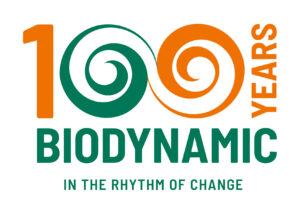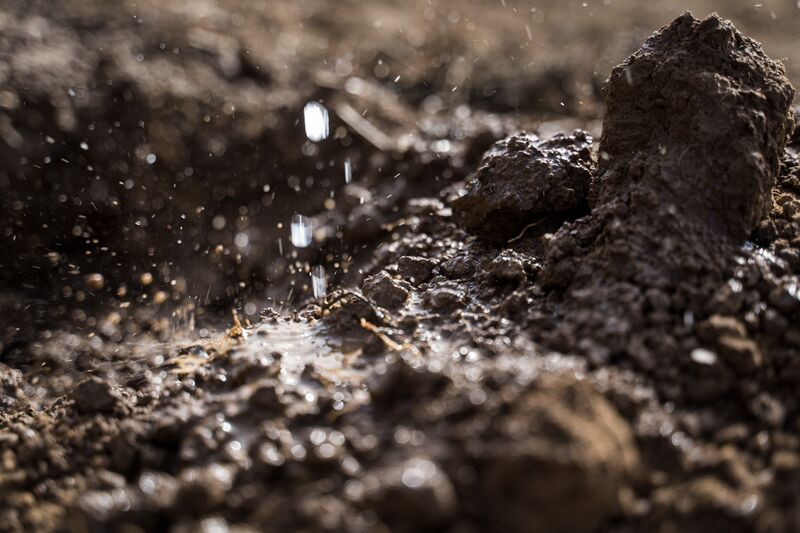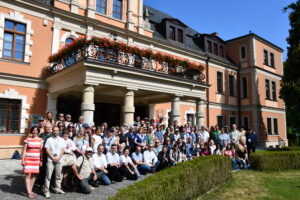12 benefits of biodynamic farming

The year 2024 marks the celebration of the 100 years anniversay of biodynamic farming. For hundred years biodynamic and Demeter farmers have contributed to the regeneration of our soils, to the preservation of our biodiversity, to the well-being of our animals, and so much more. In light of this special anniversary, a specific contribution of biodynamic farming stands in the focus every month highlighting how biodynamic farming can be a solution for many challenges of today: the month of June is dedicated to ‘climate action‘.
Preservation of our planet’s resources
Biodynamic farming recognizes the central role agriculture plays in the preservation of our planet’s resources and in tackling climate change. While agriculture contributes substantially to greenhouse gas emissions, it also has substantial potential to reduce and even reverse those emissions. To this purpose biodynamic farming commits to address the severe multiple crises affecting our world – such as soil degradation, loss of biodiversity, pollution – to mitigate climate change.
Regeneration of the soil
In this regard, a healthy soil is crucial. The building up of a humus layer through crop rotations, animal or green manure, or cover crops, binds CO2 emissions and fixes carbon in the soil. Further, the absence of chemical nitrogen fertilizers and pesticides in biodynamic farming contributes to climate mitigation since their production and use leads to even more emissions while being energy inefficient.
Responsible use of resources
Biodynamic farming further pays attention to a careful use of fossil fuels and non-renewable resources, along with the protection of areas such as virgin rainforest, and other high value conservation areas. Aware of the growing dryness around the world, the Demeter standard promote responsible use and sourcing of water resources to avoid erosion and salination of soils.
Plastic-free farming
Our climate action stretches from field management to the packaging of Demeter products. Packaging must meet the best available environmental practices, including minimising the amount of material used, avoid overpacking and giving preference to reusable or recyclable systems. For these reasons some Demeter banana producers are engaged in plastic-free farming. On those farms the use of plastic is reduced by more than 703,68kg/hectare/year of plastic waste per hectare per year.



